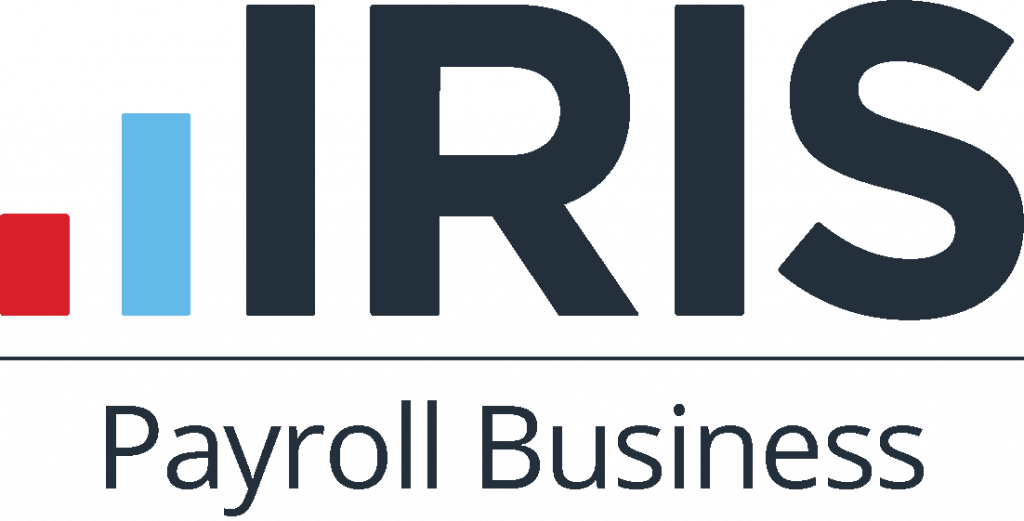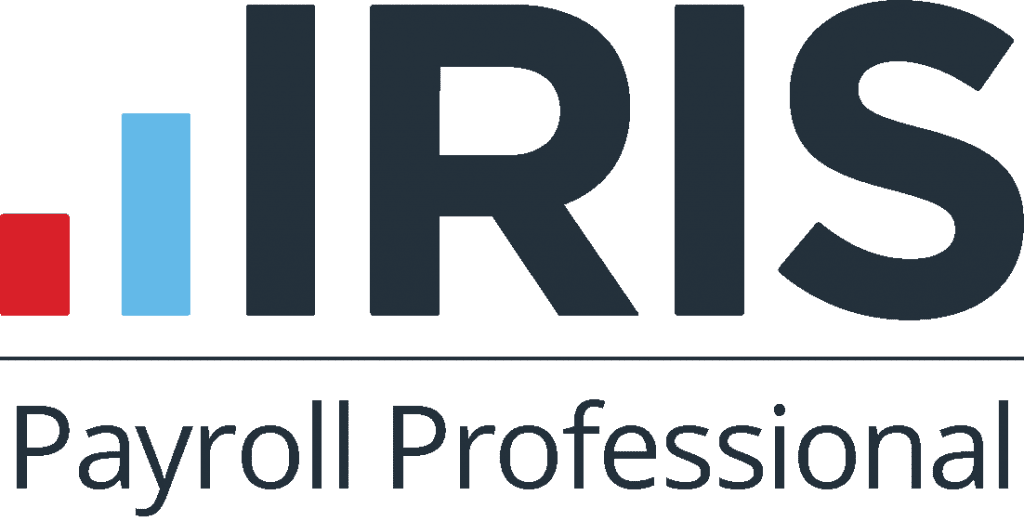Advice for Small and Medium Sized Businesses
Your one-stop shop for businesses with less than 250 employees.
Welcome to the IRIS Insight page for small, medium sized businesses and start-ups (SMEs). This page is designed to help owners and managers of SMEs by providing helpful and relevant business information on a wide range of common issues SMEs face in a simple, uncomplicated manner.
Auto Enrolment & Staging Dates
A staging date is the date on which your business is expected to begin auto enrolment contributions for your employees. The Pensions Regulator recommends that you begin preparations for auto enrolment 12 months before your staging date.
Auto enrolment is mandatory for all UK businesses, if you miss your staging date The Pensions Regulator has a range of powers to penalise your business, including on-the-spot fines of £400, daily fines for each day of non-compliance, and even court action. Protect your business against these by ensuring that you know your staging date and prepare early.
You can check your SMEs’ staging date on the handy chart below, or alternatively you can use The Pension Regulator’s Staging Date Calculator.
IRIS Payroll Software for Small Businesses
We have a range of simple to use SME-specific software packages available to help your business flourish.



Kashflow
KashFlow is an award-winning payroll and bookkeeping cloud-based software solution, designed specifically with smaller businesses in mind.
KashFlow is easy to use, is jargon-free and offers free & fast support. It also helps businesses to integrate their processes with popular e-commerce and CRM apps. You can view our case studies from existing users here to see how KashFlow helps their business thrive.
KashFlow Bookkeeping is designed to take the hassle, time, and complication away from company bookkeeping. At the click of a button you’ll have all the bookkeeping features that normally take hours to master, such as credit control, an invoicing tool that converts quotes into invoices easily, export and import features and stock control. You can find all our software including Kashflow on our small business accounting software page.
KashFlow Payroll enables you to quickly and effectively manage your company and employee payroll. With KashFlow Payroll, you can manage unlimited companies and employees, all in one place, simply and easily. The software also takes care of common issues such as Statutory Sick (SSP), Maternity (SMP) and Paternity pay (OSPP) as well as Student Loans, Attachment of Earnings Orders and many more. Keep your employee records compliant and secure on the cloud.
You can try KashFlow Bookkeeping and Payroll for free for 14 days using the button below.
Business Plans
A business plan is a written document which broadly describes what your business does.
The document should cover your business’s objectives and strategies; as well as your sales, marketing, and financial strategies for the future.
The average business plan is relatively extensive in its size, and is commonly required by banks and building societies when applying for a business loan.
A proper business plan allows you to:
- Set out your goals
- Spot potential problems
- Identify and measure your success
As your company grows, your business plan too should grow. You should update the document regularly to help ensure that it contains the most up-to-date information possible.
Click here to download a business plan template from The Prince’s Trust website.
Business Rates
Business rates are charges which must be paid by the owner of a non-domestic premises.
The charge is essentially a tax which is paid in much the same way as your household council tax bill. Your local council will send your company a business rates bill around February or March each year, ahead of the new tax year, and you will have a range of options about how you choose to pay. For example, you could pay your business rates charge in one lump sum, or over 12 months, depending on what situation suits your company best.
You can apply for relief from business rates depending on what UK country your business is based in. You can use the Government’s Business Rates Calculator to estimate the rateable value of your company.
You will most likely need to pay business rates if your business is:
- A shop
- An office
- A public house
- A warehouse or factory
However, there are some exemptions:
- Religious buildings*
- Buildings used for training or general welfare of disabled people*
- Farm buildings and land
*Except in Scotland, where you can apply for relief rather than exemption
General Advice for Running a Small Business
Here are our top five tips for starting your own small business.
1) Keep your finances in order
This goes without saying, but is so important that it’s worth reiterating.
Always avoid borrowing if possible, as bills can add up fairly quickly when running a business and it’s not uncommon for people to not pay you on time, which could result in cash flow issues. Instead, keep on top of your expenditure and keep records throughout the year. This has two benefits, firstly you can use your records to help prepare for the next financial year; and secondly it makes dealing with the financial year end and HMRC much easier.
2) Network
Running an SME can be stressful, and even a little scary at times. It helps greatly to speak to others in a similar situation, you can get an insight into what has or hasn’t worked for people who own their own business, which gives you an opportunity to learn from their mistakes.
Networking could lead to you thinking of fresh ideas for your business in the future. Additionally, networking allows you to raise the profile of your business and build connections that could prove valuable along the road; potential customers could choose your business over a competitor simply because they can now put a face to the brand having previously met you. Likewise, networking could put you in touch with potential suppliers to open up new opportunities for your business to expand or branch out.
3) Get yourself online
These days everything happens online, from advertising to selling you can find it being done online so it’s important that your business has an online presence.
Make sure you have a website though which you can list your products and services, you also should have a payment channel operational to take payments, and be active on social media to drive traffic to your website and also to increase your brand image; these are just some of the key objectives for businesses online.
– Website
By having a website, you’re able to list your product and services for purchase, and use the site as a channel through which you can advertise your brand – all for very little money.
You’ll need to pay someone to create your website for you (if you don’t have the expertise), and also pay an internet domain registrar for the URL (www. address) hosting. From then on, it’s easy for most people to learn how to update a website, so the actual management can be done by yourself to save costs; you can then update your website with your products, services, company news and so on.
– Search Engine Optimisation (SEO)
SEO is the process of ranking your website on a search engine, such as Google or Bing, so that when a person searches for a product or service that you provide, your website appears above your competitors. SEO can be daunting at first, especially if you have little online experience, but with some persistence, you can pick it up quickly and begin the process of climbing the Search Engine Results Pages (SERP).
We can recommend ‘The Beginners Guide to SEO‘ from Moz for those who would like to learn more about SEO.
– Social media
Social media can be a tricky subject for business, but ultimately, your customers will simply expect your business be active on at least Facebook and Twitter. Social media helps customers find and communication quickly and easily with your business, and also can be used to drive traffic to your website. Creating accounts for your company are surprisingly simple and quick to do, and can help you begin to build your online presence in an area of the internet where a lot of your audience will be active.
Other benefits include being able to target specific demographics when marketing, and interact and receive feedback from your customers quickly and through a method that your customers will most likely prefer.
4) Understand relevant legislation and laws
Staying up to speed with changes in legislation will help you avoid potential headaches down the road. This sounds like common sense, but if you miss a change in the law and aren’t compliant, there could be serious consequences. Whether it’s Automatic Enrolment Legislation, RTI Reporting or the GDPR, keeping on top of it all is paramount to avoid unwanted fines – and even unwanted court appearances.
Make sure you stay on top of everything to avoid financial penalties and other consequences in the future. There is a section of this page which reviews some of the legislation you’ll need to be aware of right from the beginning of your SME journey.
5) Enjoy yourself!
Managing your own business brings with it responsibility and pressure, but it can also be a lot of fun, too! You’re the boss and you make the decisions; the business is yours and you decide on how it’s run and what the outcomes to the big decisions are. Ultimately, there are no limits to where your business could be in five or ten years’ time.
IRIS Blogs for Small and Medium Sized Businesses
We frequently post blog articles on a wide range of subjects over on our Blog Insight page. Subjects covered range from changes in legislation to industry-relevant news, help and advice.
IRIS Guides
We write regular guides on a range of helpful subjects, free to download in PDF format.
We’ve included a link to some of our most recent guides, but you can visit the IRIS Guides Insight page to view everything available.
Starting a Small Business
Starting a business can seem daunting, however it can be a very rewarding option if done correctly.
To start off, you’ll need a business plan, some competitor knowledge, and an understanding of the costs involved, but there are other aspects to consider:
- What will your business do?
- Where will your business be located? (online or do you need premises?)
- Will you be operating on your own as a Sole Trader, or will you need partners?
- What financial support do you need?
- How long will it take your business to break-even?
Make sure that you register your idea if you have come up with something that you believe there’s a market for, or if you have invented something you think people will be interested in buying.
After these are completed, you’ll need to decide on the legal structure you’ll be going with before you then register for tax and begin trading.
Depending on the country you live in within the UK, there are different Government-backed options available to help you develop your idea:
England – Great Business
Scotland – Business Gateway
Northern Ireland – InvestNI
Wales – Business Wales
Small Business Testimonials for IRIS Software
IRIS has a professional range of small business software to help with day-to-day tasks; here are our three latest customer testimonials we’ve received from smaller businesses like yours:
“My payroll is now quick and easy, as all of the figures are there already; and it also reduces stress as well as time needed when it comes to payroll year end.”
– Barbara Kurtz, Fishers Chemist
“I wouldn’t be surprised if IRIS Managed Payroll saves me a full days’ worth of work each month.“
– Tim Baker, Aldens
“I love that KashFlow is in the cloud, that’s a real big advantage to me because it means that I can work at home or in the office”
– Sarah Pettigrew, Bray’s Cottage
Feedback covers the IRIS Payroll Business product, IRIS Managed Payroll service, and KashFlow.
Find all the products, services and more on our small business accounting, payroll and HR pages.
Marketing your Business
What’s the best way to market your business?
There are many options here, from paid to free, inbound to outbound, you’ll have to decide what suits your businesses style and overall objectives best.
Digital media seems to be everywhere these days, small business now have a wealth of advertising options available to them, through their website and social media, to Search Engine Optimisation (SEO) and Pay-Per-Click (PPC) management. However, while digital advertising may be all the rage, there’s still a place for traditional print media, such as direct mail, flyers and even newspaper advertising if you have the budget.
Research ways to advertise, and aim for a good mix of digital and print marketing to reach the widest audience.
Legislation likely to affect your business
As mentioned earlier, knowing what legislation could affect you, and staying on top of any potential changes is a great way to avoid any unnecessary fines or problems.
Whilst not an exhaustive list, small business should be aware of the following legislation:
- Small Business, Enterprise and Employment Act 2015
- National Minimum Wage Act 1998
- Sunday Trading Act 1994
- EU Working Time Directive 2003
- Health & Safety at Work Act 1974
- Race Relations Act 1976
- Sex Discrimination Act 1975
- Disability Discrimination Act 1995
- Equal Pay Act 1970
- Workplace Pension Reform
Speak to a business advisor or the Citizens’ Advice Bureau for more information.
